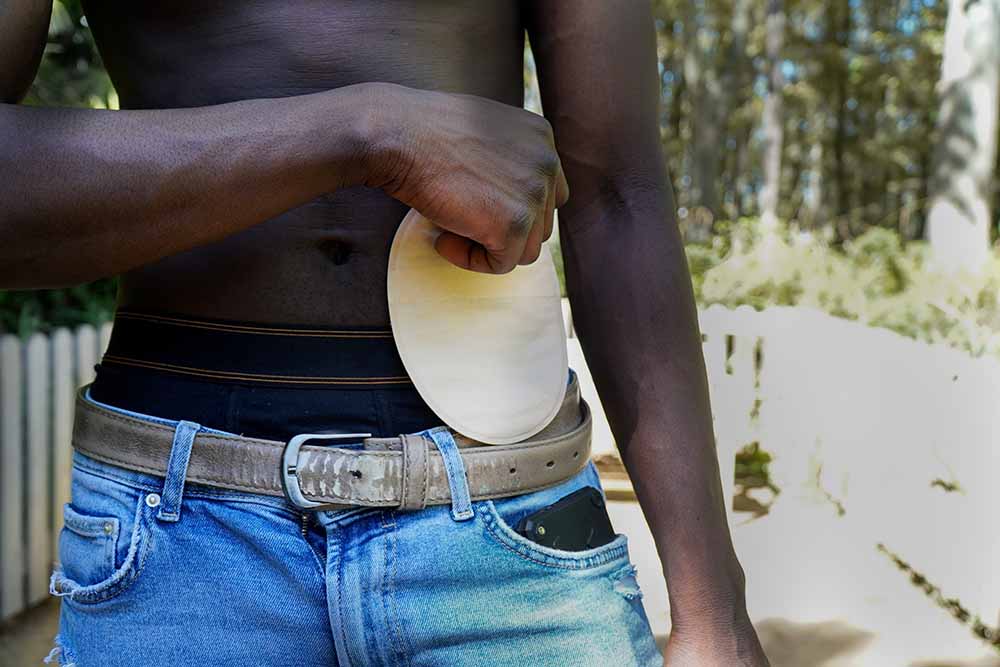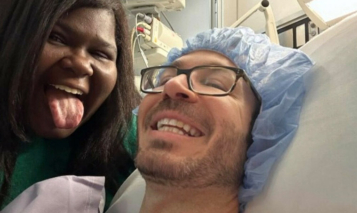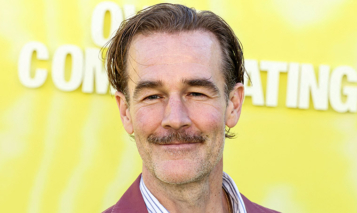
Patients diagnosed with colon cancer are being admitted to other floors due to a shortage of hospital beds on oncology floors.
Hospitals are overwhelmed with colon cancer cases, and new patients are being admitted to the cardiac ward because there are no beds on oncology floors.
Colon cancer rates have increased a whopping 500% in kids ages 10 to 14 and 333% in teens ages 15 to 19.

More teens are wearing colostomy bags after undergoing surgery for colon cancer. An ostomy is a surgical opening from the large intestines that collects stool in a bag.
Colorectal (colon and rectal cancer) is now the No. 1 cause of death among young adults.
“Colorectal cancer is no longer considered just a disease of the elderly population,” lead researcher Dr. Islam Mohamed noted in a press release. His research used 22 years of data from the Centers for Disease Control and Prevention.
“We don’t want hysteria around this,” said Dr. John Marshall. “This is not, ‘Go take your kids to a gastroenterologist,'” he tells Fortune magazine. “It’s gone from unheard of or very rare to the beginning of a drumbeat.”
“I’ve been doing this for over 30 years, and at the beginning there was no one under the age of 50,” Dr. Marshall added. “Over the last 20 years we’ve observed this shift to where half of my clinic is now under the age of 50, and part of this is that we do see this very young population emerging.”
Dr. Marshall, who serves as director of the Ruesch Center for the Cure of Gastrointestinal Cancers at Georgetown University, says he’s now treated a patient as young as 15.
He also treated a 17-year-old who died before her high school graduation.
Dr. Marshall says he doesn’t know why this is happening. “It is not unfit, unhealthy people. It is not people with family histories, so we can’t detect any genetic exposure or inheritance.”
Dr. Marshall suspects the source of colon cancer is a change in bacteria in the gut. He said we have done something to change “our bacterial mix.”
“We have done something to change our microbiome… I tell patients it’s like our own soil inside of us, with the bacteria that live in our GI tracts … which is like a rainforest that needs diversity to be healthy.”
The medical community has historically not examined microbiome balance, as it was not believed to be important, he says, but now “there’s a lot of energy into studying this, because it’s urgent, and we can’t let this go.”
Signs and Symptoms of Colorectal Cancer:
- Blood in stool
- Foul-smelling stool
- Change in bowel habits (diarrhea, constipation)
- Lack of appetite
- Feeling full quickly
- Unexplained weight loss
- Shortness of breath
- Nausea
- Gurgling stomach sounds
- Abdominal bloating and cramping
- Abdominal pain or back pain
- Excessive gas or burping
- Fatigue (excessive tiredness)
- Sometimes there are no symptoms





